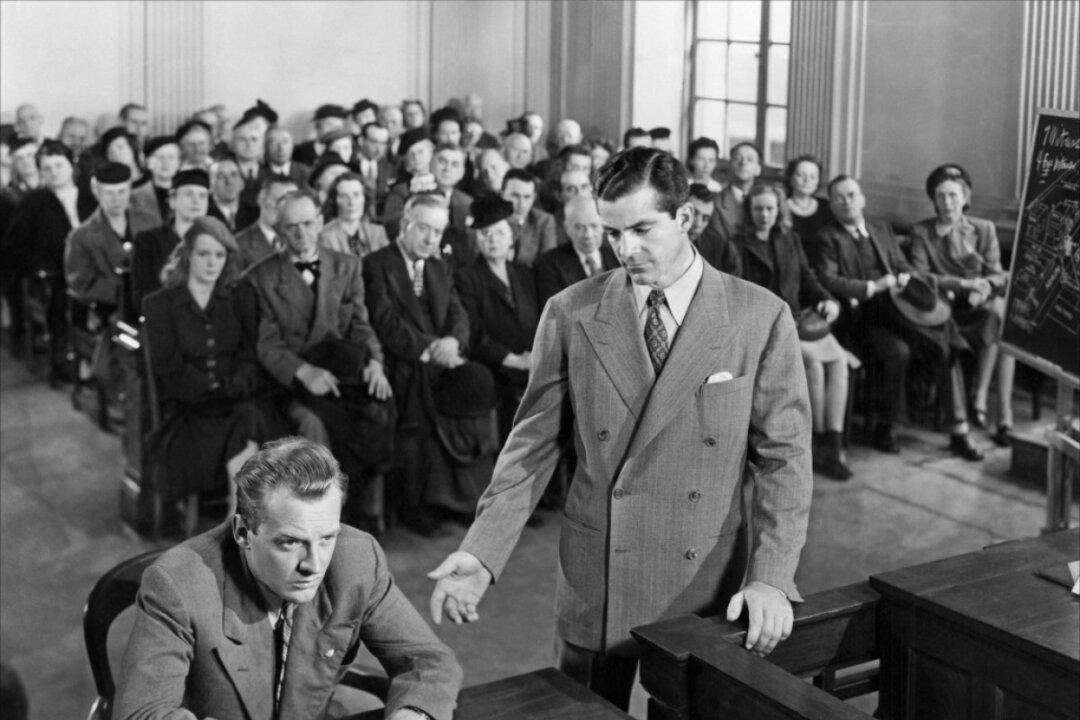NR | 1h 28min | Drama | 1947
Elia Kazan’s film, “Boomerang!,” (1947) is part documentary, part police procedural, and part courtroom drama. The story shows how the criminal justice system is as fallible as the humans who make or break it.

NR | 1h 28min | Drama | 1947